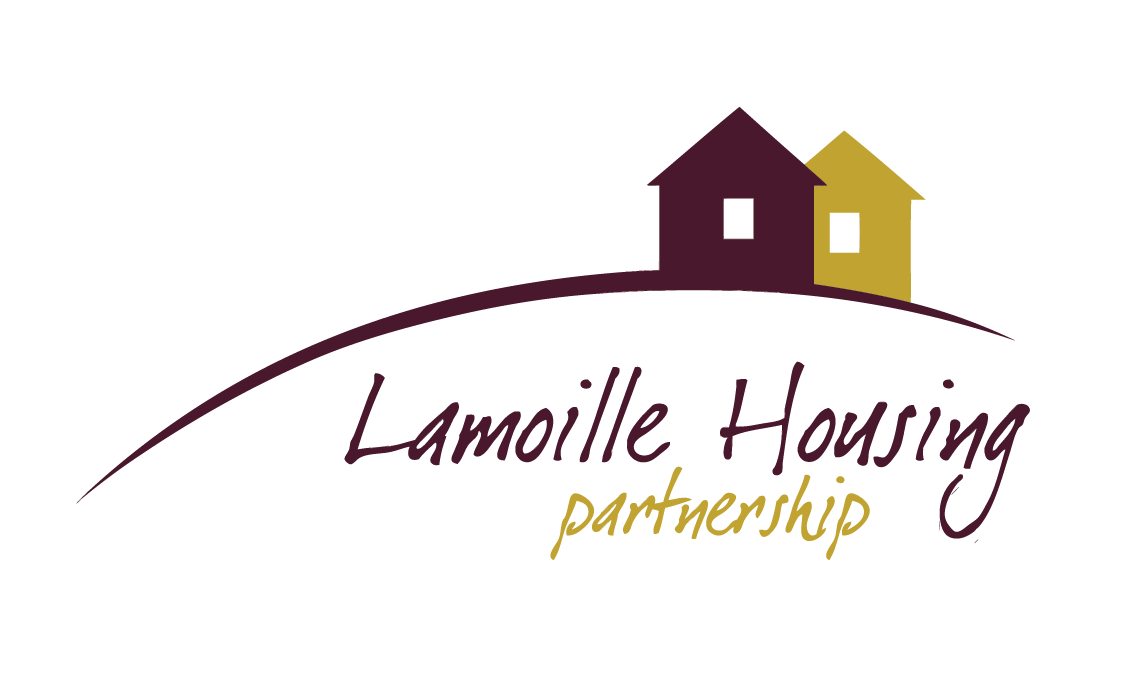During the current pandemic crisis, the abiding advice for all of us is to “STAY HOME and STAY SAFE.” In the Lamoille Valley, the words SAFE and HOME are not connected for many. Throughout my career as a school administrator and teacher, I came to understand that housing costs are out of reach for far too many of our neighbors. I became familiar with the daily struggles endured by people experiencing housing insecurity and homelessness. I learned that we must invest in long term housing solutions, like affordable housing, to ensure that all of our neighbors regardless of income can be safe at home.
20 years ago while serving as a High School Principal, “Billy” came to my attention.
The 16-year-old sophomore was increasingly absent from school, “sleepy” during his morning classes, his homework quality was declining, and he was considering quitting the basketball team. I called Billy in for a meeting to determine the root of the problem and figure out how I could help.
Billy lived with his mother and younger sister. A single parent, Billy’s mother worked two part- time minimum wage jobs to support her family. Despite this, their modest apartment was beyond her financial capacity. She struggled to “make the rent,” and cover competing living expenses, like food, transportation, and utility bills. While their mother worked at her second shift job, Billy cared for his sister, prepared the evening meal, did the laundry and cleaned the apartment. Once he tucked his sister into bed, he attempted to do his homework.
“No wonder Billy was struggling in school,” I thought.
Billy’s family are hardworking, honest folks that are one step away from serious trouble. Their story is one snapshot of what housing insecurity in the Lamoille region looks like. A missed rent payment, an unexpected car repair, or illness like coronavirus could capsize them into homelessness.
According to the National Low Income Housing Coalition’s recently published “Out of Reach 2020” report, an apartment ranging from $500 to $550 per month is considered affordable for minimum wage earning Vermonters, like Billy’s mom. But the Lamoille region’s median gross monthly rents are higher, ranging from $700 to $1,600.
In fact, the report found that Lamoille County was the fourth most expensive county for renters in Vermont. To afford this level of rent and utilities without exceeding 30% of one’s income on housing, a person must earn at least $20.04 per hour in a fulltime, year round position – this is more than $9 higher than the state’s minimum wage. Furthermore, minimum wage earners and social security income recipients, people who are considered low and moderate income, are hard pressed to find affordable housing in the Lamoille region: the area’s vacancy rate is below 2%.
Billy’s family isn’t housing insecure because they’re lazy, or don’t work, or made bad choices – Billy’s family, like many others in our region, face housing insecurity and homelessness because housing costs continuously outpace wage growth. How do individuals and families like Billy’s keep up? How do we feel about this as a community?
Billy is considering dropping out of school.
He worries that unless he gets a job to help pay the bills, his family will be in danger of losing their apartment. His picture of a successful life was changing; opportunities, school, sports and the normal social life for a 16-year-old are fading away. The week-to-week stress reduces his hope for a better future.
I wondered what I could do to help Billy and his family. “Where will they go?” There were very few options for Billy and his family at that time.
Today, I could refer Billy’s mom to the region’s nonprofit affordable housing developer, Lamoille Housing Partnership. Imagine the reaction when Billy’s mom got a call with news that her application had been accepted, and that an affordable two-bedroom apartment was soon to be available for her family? Billy stays in school. He returns to the basketball team. He is hopeful and enjoying life without the weight of worrying about his mom and sister. He would finally be SAFE AT HOME.
Billy’s family is not alone in this struggle, though – far too many individuals and families in our area live a similar reality. 11% of Lamoille’s population has poverty status, according to data from the US Census Bureau. That is far too many of our neighbors that face the same, or worse challenges as Billy’s family. As a community, we must invest in long term, affordable housing solutions to end housing insecurity and homelessness, and ensure that individuals and families like Billy’s can lead thriving, healthy, and dignified lives regardless of their income in Lamoille communities.
May you and your family be SAFE AT HOME!
David Ford is the President of the Board of Trustees for Lamoille Housing Partnership. After a distinguished career as a school administrator, he is now retired. He and his wife Nancy have been residents of Morrisville for the past 40 years.








